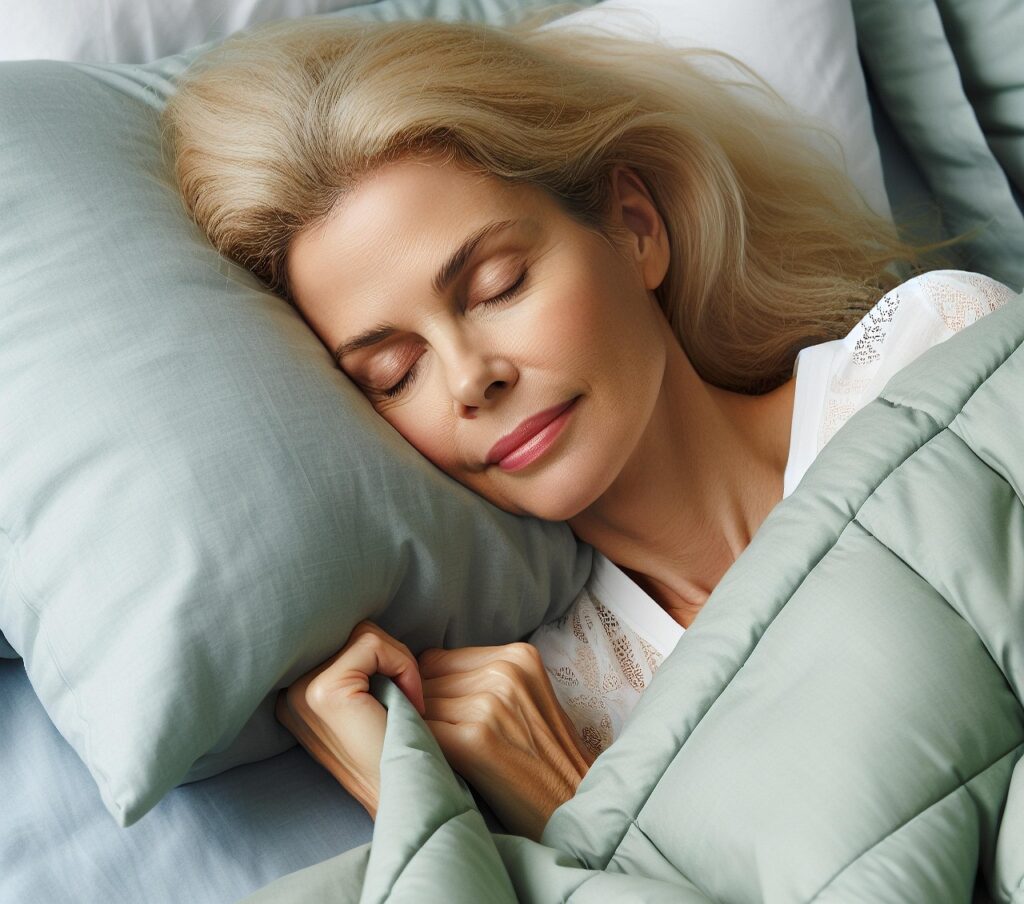Looking for a safe and effective sleep aid over the counter? Discover top OTC options, natural alternatives, and expert advice to help you fall asleep faster and wake up refreshed.

Have you ever tossed and turned all night, unable to sleep no matter how tired you felt? You’re not alone. More than 70 million Americans suffer from sleep disorders, and many seek help through sleep aids available over the counter. But with so many choices, how do you know which one is right for you? This guide will help you explore the best sleep aid over the counter options, how they work, potential side effects, and natural solutions to sleep better—starting tonight.
What Are Over-the-Counter Sleep Aids?
Over-the-counter (OTC) sleep aids are medications or supplements sold without a prescription. They are typically designed to help with short-term insomnia, jet lag, or disrupted sleep patterns. Most OTC sleep aids fall into two categories: antihistamines and natural supplements like melatonin or valerian root.
Common Types of Sleep Aid Over the Counter
1. Diphenhydramine
This sedating antihistamine is found in brands like Benadryl and ZzzQuil. It’s widely used but may cause drowsiness the next day and tolerance if overused.
2. Doxylamine Succinate
Another sedating antihistamine found in Unisom SleepTabs. It tends to be stronger and longer-lasting than diphenhydramine.
3. Melatonin
A natural hormone that helps regulate your sleep-wake cycle. Often used for jet lag or delayed sleep disorders. Melatonin is widely regarded as a safer sleep aid over the counter.
4. Valerian Root
Valerian is a natural herb that promotes relaxation. It’s often found in herbal blends and is considered a gentle sleep solution with fewer side effects.
How to Choose the Right Sleep Aid Over the Counter
When selecting a sleep aid, consider your specific needs. Are you having trouble falling asleep or staying asleep? Do you prefer a non-drowsy formula or a stronger sedative? Always read the labels carefully and start with the lowest effective dose.
- Short-Term Use: Antihistamines like diphenhydramine may work well for occasional sleepless nights.
- Natural Preference: Choose melatonin or herbal options if you want a natural sleep aid over the counter.
- Sensitivity: If you experience side effects like grogginess or dry mouth, switch to a milder formula.
Side Effects and Safety Tips
While many OTC sleep aids are generally safe when used occasionally, they are not without risks. Common side effects include:
- Drowsiness the next day
- Dry mouth
- Dizziness
- Constipation
- Confusion (especially in older adults)
To use sleep aids safely:
- Do not mix with alcohol or sedative medications.
- Do not drive or operate heavy machinery after taking them.
- Use for short periods only unless directed by a healthcare provider.
Natural Sleep Aid Alternatives
If you’re hesitant about medications, several natural remedies can help improve sleep quality:
1. Magnesium
Supports relaxation and regulates melatonin production. Available in supplements or foods like almonds and spinach.
2. Lavender
Used in aromatherapy or teas, lavender has calming properties that can aid sleep naturally.
3. Chamomile Tea
A popular herbal tea known for its calming effects. Drinking it before bed may promote better sleep.
4. Lifestyle Adjustments
Keep a consistent sleep schedule, avoid screens before bed, and create a quiet, dark environment. Sometimes, the best sleep aid over the counter is a better bedtime routine.
Want to try natural options? Explore our natural sleep support supplements designed to improve rest without harsh chemicals.
For more in-depth information, check the Sleep Foundation’s guide to OTC sleep aids.
Frequently Asked Questions
Are OTC sleep aids safe to use every night?
They’re not recommended for long-term use. Regular use can lead to dependency and decreased effectiveness. Talk to a doctor if sleep problems persist.
What is the strongest sleep aid over the counter?
Doxylamine Succinate is generally considered stronger than diphenhydramine, but it varies per individual. Always start with the lowest dose.
Can I take melatonin and antihistamines together?
It’s best not to combine them unless instructed by a healthcare provider. Combining sleep aids increases the risk of side effects.
What’s the best sleep aid over the counter for seniors?
Older adults should use caution with antihistamines. Melatonin or herbal blends are often safer options.
Take Action: Improve Your Sleep Tonight
Don’t let sleepless nights hold you back. Whether you choose a natural supplement or a traditional OTC sleep aid, be intentional and informed. Small changes can lead to deep, restorative sleep and better health overall.
Explore our top-rated products now: Visit YourSuppLab for gentle, effective sleep support that fits your needs.







